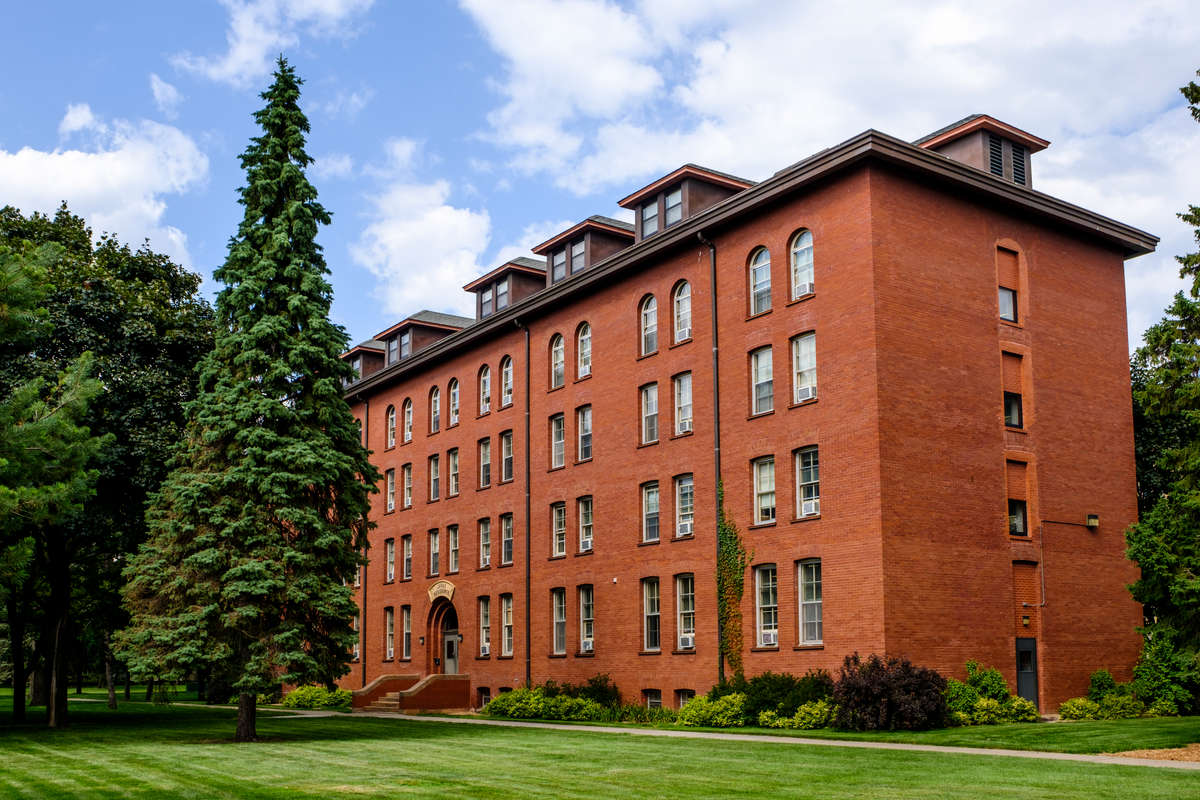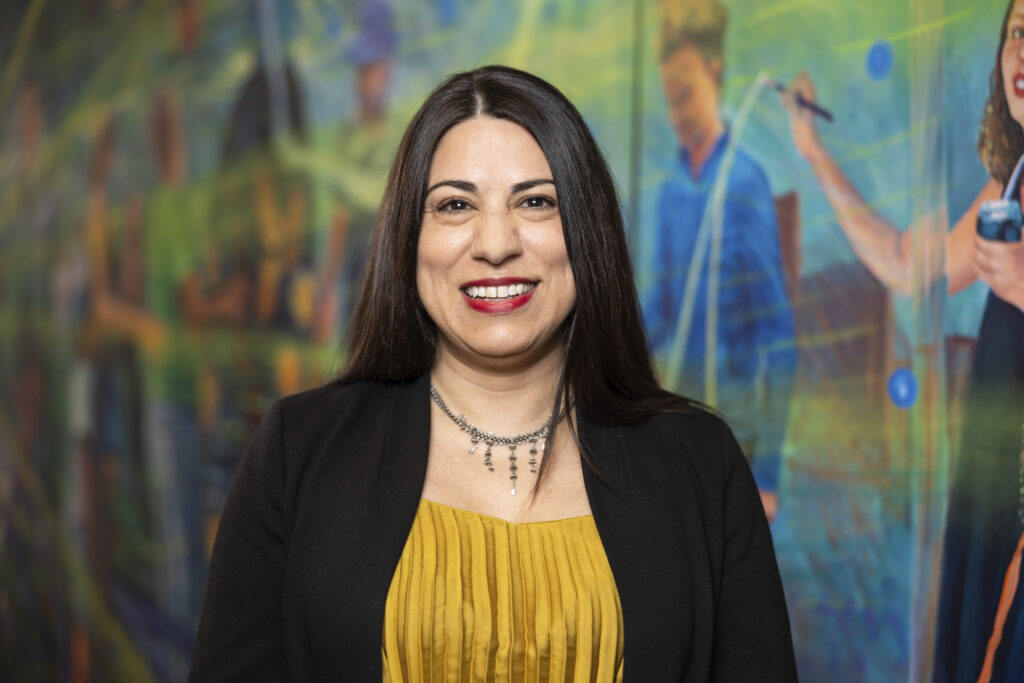I am writing to make you aware of concerning information recently received about Bishop Mathias Loras, the namesake of Loras Hall. This information came by way of research undertaken by Loras College in Iowa. In a letter to the Loras College community, its president, Jim Collins, explained:
“In recent weeks, Loras College received disturbing information about its founder, Bishop Mathias Loras, from a researcher who was examining Bishop Loras’ personal records to advance his scholarship work. In the course of his work, the researcher confirmed that the Bishop had enslaved a woman named Marie Louise for 16 years, from 1836 until 1852. Bishop Loras had purchased Marie Louise for $800 while he was living in Mobile, Alabama. The researcher also found that, although Bishop Loras left Marie Louise behind in Alabama when he moved to Iowa, he hired her out to others and used proceeds from her labor to help build his various ministries here. Doing a new, detailed analysis of historic documents and Bishop Loras’ unpublished personal financial ledgers, the researcher showed for the first time the extent of those transactions, leading to a new understanding of Bishop Loras’ participation in the system of slavery. While some previous biographers had established the basic facts of the Bishop’s slave ownership using his personal letters, the evidence recently uncovered by the researcher challenges past depictions of him.”
Information shared by Loras College with us confirms the due diligence of the research. More details regarding their revelation and subsequent actions can be found here.
This is obviously disturbing news, as our own Loras Hall on south campus, originally constructed as one of three residence halls for The Saint Paul Seminary, was named in 1913 in honor of Bishop Loras, who died in 1858 before the founding of St. Thomas in 1885. The three residence halls, Loras, Cretin and Grace, were named for the three early ecclesiastical leaders of the area. Bishop Loras, the archbishop of Dubuque, was the ecclesiastical leader until the Diocese of Saint Paul was created in 1850, when Bishop Cretin was named the first bishop of Saint Paul followed by Bishop Grace.
I appreciate and respect the importance of historical context. It’s also imperative to affirm our university’s values. A core conviction of the University of St. Thomas is to see and respect the dignity of every human being; the sin of slavery directly contradicts that conviction, and Bishop Loras’ participation in slavery is reprehensible.
While it might seem the logical next step would be to take immediate action and rename Loras Hall – or attempt to hasten the proposed destruction of the building in light of the potential construction location of the STEAM complex – a commitment to a comprehensive truth and reconciliation approach cautions us against taking a swift approach to merely erase his name. We do not seek to address our history by removing it; rather, we seek to interrogate and acknowledge our history as part of our decision-making process. We will use our history to inform our next steps, to understand the context and to invite dialogue on how best to move forward in acknowledging our past while being very clear about our current convictions and values.
As education and the pursuit of truth are at the core of who we are as an institution, we must use this moment to enlighten ourselves. To start, Dr. Yohuru Williams will host a panel discussion to address questions on the new information that has come to light regarding Bishop Loras, share best practices on truth and reconciliation approaches, and share the approach St. Thomas will use to understand Bishop Loras’ actions and legacy in the context of our university’s history. This panel will take place in October.
Also today, I announce the university will establish a committee to develop principles on renaming. The committee is charged with first, conducting research to determine best practices related to this issue, and second, considering St. Thomas’ unique history, developing principles that will guide the university to respond when presented with recommendations to rename structures, spaces, programs, etc. The committee will be co-chaired by Professor Gregory Sisk, Pio Cardinal Laghi Distinguished Chair in Law and Co-director of the Terrence J. Murphy Institute for Catholic Thought, Law, and Public Policy, and Dr. Yohuru Williams, Distinguished University Chair and Founding Director of the Racial Justice Initiative, and will include students, faculty, staff, alumni and trustees.
After the committee develops principles, St. Thomas will establish a process for putting those principles into use, including convening a group to specifically make a recommendation for Loras Hall.
As evidenced in our engagement in a comprehensive DEI audit, our review of murals on the St. Paul campus and other actions, the university fully recognizes and embraces the importance of affirming our commitment to create an inclusive environment in all aspects of our campus history and culture. This is a process that must begin with meaningful thought and engagement and ultimately help us build a community reflective of our core values of faith, equity and justice.







